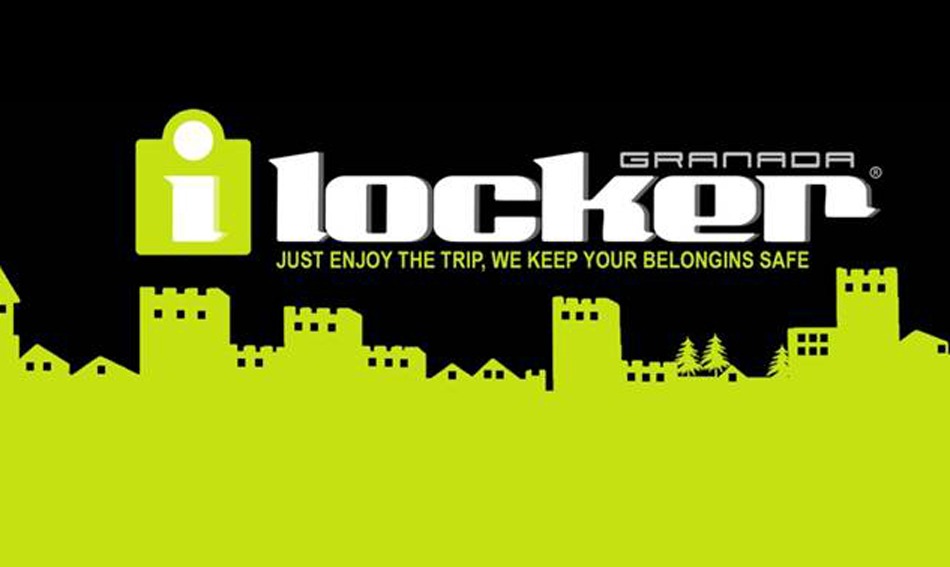

Since 2015 the three logistics firms licensed to work in Le Freeport have been obliged to keep records of the beneficial owner of property stored in the warehouse. In response to the furore, the Luxembourg government tightened anti-money-laundering controls. Bouvier, who owns a stake in the Geneva free port and created the Singapore free port, denies all charges and legal cases are ongoing. The play also took aim at what the authors see as the government’s aim to make the Grand Duchy “a haven for the super-rich from other countries”, Günther said.ĭoubts mushroomed in 2015 when the Swiss businessman and majority shareholder in Le Freeport, Yves Bouvier, was arrested on charges of defrauding clients by misrepresenting the value of artworks. A local group of artists, Richtung 22, wrote and performed a satirical play about what its spokeswoman Ada Günther calls a “fortress for art”. The opening of Le Freeport in 2014 – to capitalise on the dash for safer assets after the financial crisis – was not universally welcomed in Luxembourg. Promoters say clients benefit from lower insurance premiums and the easy access to the airport tarmac. The draw for super-rich clients is not having to pay import taxes, VAT or capital gains tax on anything stored or sold within its confines. “It is more akin to a contemporary art museum than a warehouse,” says David Arendt, former managing director of Le Freeport. The interior is said to be luxurious, with chic rooms for wealthy clients to arrange sales or simply contemplate their treasures within the confines of the thick walls. Photograph: Jennifer Louise Rankin/The Guardian
#Freeport ilocker full
Le Freeport, in Luxembourg, doesn’t look like it’s stuffed full of fine art, fine wine and vintage cars.


 0 kommentar(er)
0 kommentar(er)
